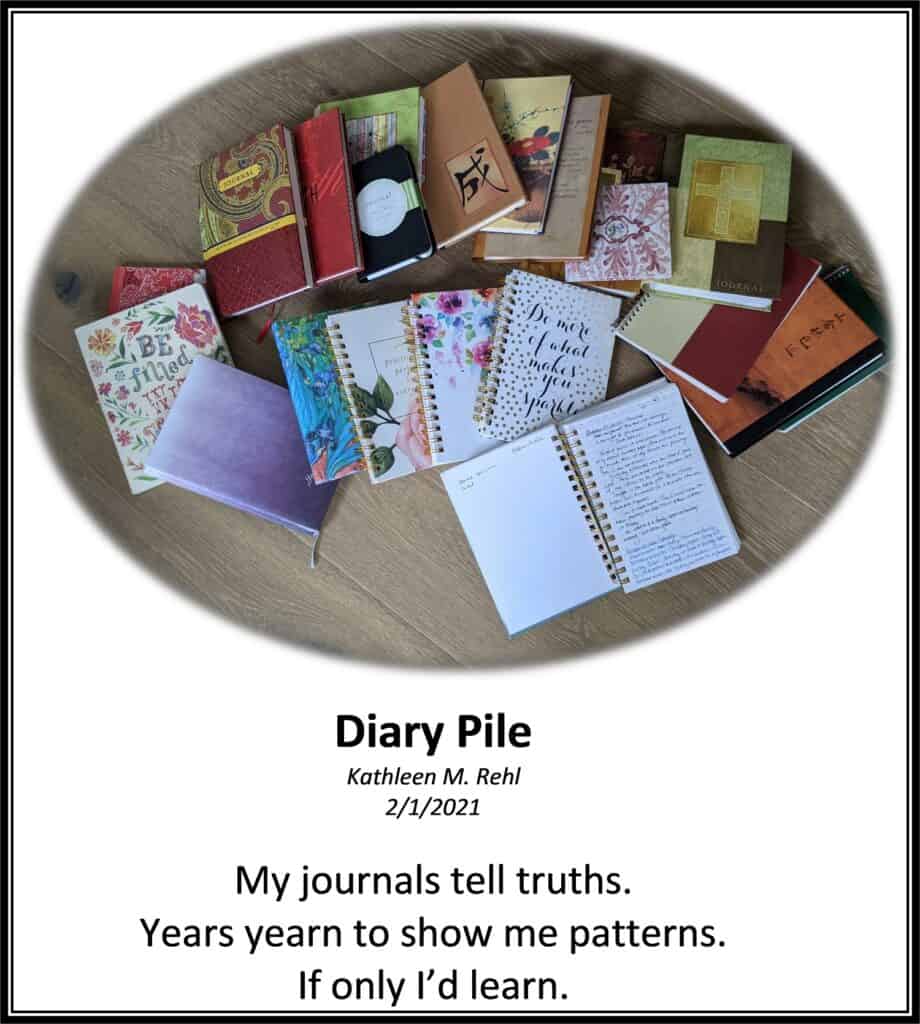
Try Something New: Write a Poem and Stretch Your Brain
Dr. Sanjay Guptasays,“The act of experiencing something new – or even doing something that’s typical for you, but in a different way – can all generate these new brain cells.”
In Gupta’s recent book, Keep Sharp: Build a Better Brain at Any Age, he maintains that your ability to process, understand, and apply knowledge “can actually get sharper, can get better as you get older… It is sort of the use it or lose it phenomenon when it comes to the brain.”
He maintains that new and different activities stimulate your brain – much more than repeating the same things over again. Gupta is a practicing neurosurgeon and associate professor of medicine at Emory University School of Medicine. He’s also CNN’s chief medical correspondent.
I’m following this advice as I write poetry now – a relatively new skill for me. Plus, I love the new emphasis on poetry that National Youth Poet Laureate Amanda Gorman provided. She became an overnight sensation after her performance at President Joe Biden’s inauguration and during her presentation at the Super Bowl.
How I Started Writing Poems
A couple of years ago, I began penning poetry. My life was moving in new directions, and I wanted to express myself differently than with the prose style approach I mainly used before. I enjoyed reading poetry, so I decided to try writing poems, myself.

I enrolled in a local college lifelong-learning course focused on “enjoying and writing poetry.” Taught by a former high-school English teacher, those classes for novice poets helped me to start composing verses.
There I learned about different poetic devices to express my ideas and emotions through sound, rhythm, rhyming, repetition, comparisons, exaggeration, imagery, alliteration, allusion, personification, and consonance.
We practiced several poetic styles including free verse, ballads, sonnets, haiku, acrostics, shape poems, list poems, and rhupunts (a Welsh verse form with rigid rules). This all certainly benefited my cognitive health, as I stretched my brain. Excellent side effect!
I’ve continued with several poetry classes, including free online courses. More recently I joined a virtual live-stream poetry reading gathering. I look forward to when I can attend in-person poetry readings at bookstores and café open mic nights after the pandemic subsides.
Indeed, I authored several poems with change as a theme over this past year. That helped me manage shifts in my Covid-19 lifestyle, focusing on what matters most.
A Sample Poem
Below are two poems I wrote in a simple haiku style, each with just three lines. Although there are different ways to write a haiku, generally the first line has five syllables. Second line adds seven syllables. The final line has five. There’s no special rhyming scheme involved. It’s a fun, quick way to create a poem. I encourage you to try writing a poem, using this easy haiku style.


Tips for Writing a Poem
- What encourages you to draft a poem? Maybe something about a family member? Or a pet? Could be a focus on your hobby. Might be a memory from the past. Could be a poem about a grandchild or other relative. Might be an event evoking strong emotions, such as the death of a friend.
- After writing your poem, read it out loud. That’s different than saying it in your head. This may provide insight about the language you like.
- Revise your poem. Once you write your first draft, let it cool off for a while. When you return to it later, you may change a word or a phrase.
- Pair a picture with your poem if this adds to the meaning of your verse.
- Write regularly. Early in the morning is best for me, but your preferred time may be later in the day. I set an intention of completing two or more poems monthly.
- Start an idea file for future poems you might write.
- Craft a birthday poem or holiday card for a relative or friend. They’ll feel special that you wrote a poem just for them rather than purchasing a store-bought card.
- Print and frame one of your poems. Put this on a special wall as a piece of art, which it is.
- Read other poets. Here’s a free online service from the Poetry Foundation’s Poem of the Day.
- Think of your poems as part of your legacy. Here’s a brief video highlighting some of my legacy poems and stories.
How have you challenged your brain lately? Have you tried writing poems? Do you think you can make poetry part of your legacy? Please share your thoughts – and poems! – below.
Tags Creativity






